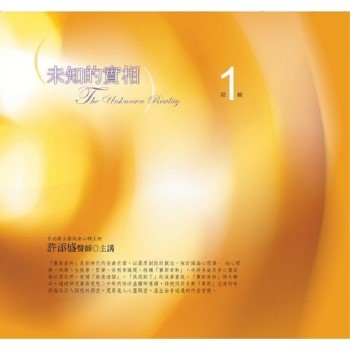Hatoss explores multilingualism in diverse suburbs of Sydney through the oral and written narratives of student ethnographers.
Her research is based on visual ethnography, interviews with local residents, and classroom discussions of the fieldwork. The findings of this book contribute to the scholarship of sociolinguistics of globalisation and seek to enhance our understanding of the complex interrelationship between the linguistic landscape and its participants: how language choices are negotiated, how identity and ideologies shape interactions in everyday contexts of the urban landscape. The narrative approach provides a multi-layered analysis to better understand the micro and macro connections shaping everyday interactions, conviviality, and social relations. Hatoss offers methodological and pedagogical insights into the development of global citizenship and intercultural competence through the experiential learning provided by the linguistic landscape project.
This volume is a useful source for researchers working in diverse fields of multilingualism, diaspora studies, narratives, and digital ethnographies in sociolinguistics. It offers methodological insights into the study of urban multilingualism and pedagogical insights into using linguistic landscapes for developing intercultural competence.

 看圖書介紹
看圖書介紹










